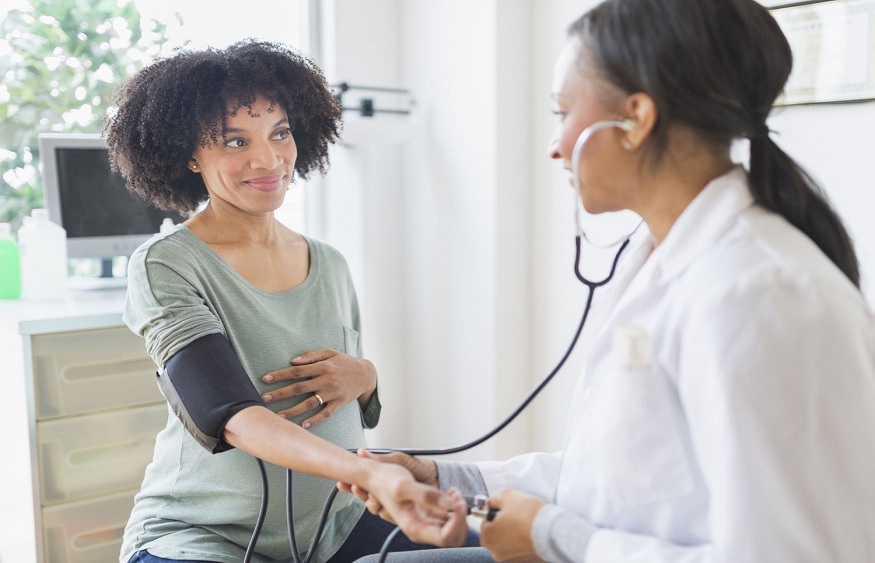10 Common Questions Answered by an Obstetrician And Gynecologist
Hello there. Imagine me, an Obstetrician and Gynecologist, situated on the upper east side board certified in integrative medicine, answering the most common questions that women have. Over the years, I’ve fielded queries that range from simple to downright complex. Today, I’ll tackle ten of these frequently asked questions in this blog. Together, we’ll explore the fascinating world of women’s health, clarify misconceptions, and perhaps, answer that question you’ve been too shy to ask. Let’s dive in.
Question 1: When should I start seeing a gynecologist?
It’s advisable to start seeing a gynecologist from the age of 13-15. This provides an opportunity to establish a relationship with the doctor and get comfortable with regular examinations.
Question 2: How often should I visit a gynecologist?
An annual visit is recommended for routine check-ups. However, if you experience any irregularities, make an appointment immediately.
Question 3: What is a Pap smear?
A Pap smear is a routine test that can detect cervical cancer. It’s recommended for women aged 21 and older.
Question 4: What is HPV?
HPV, or Human Papillomavirus, is a common sexually transmitted infection. Some types can cause genital warts while others can lead to certain types of cancer.
Question 5: What is integrative medicine?
Integrative medicine combines conventional medical treatments with complementary therapies. It aims to treat the whole person; mind, body, and spirit.
Question 6: How do birth control pills work?
Birth control pills prevent pregnancy by stopping ovulation and making it harder for sperm to reach an egg.
Question 7: What are the signs of menopause?
Common signs include irregular periods, hot flashes, night sweats, sleep difficulties, and mood changes.
Question 8: Is it normal to have irregular periods?
While occasional irregular periods are common, consistently irregular periods should be checked by a doctor as it can be a sign of a health issue.
Question 9: How can I manage PMS symptoms?
Lifestyle changes like regular exercise, a healthy diet, adequate sleep, and stress management can ease PMS symptoms.
Question 10: Can I get pregnant during my period?
While the chances are low, it’s technically possible because sperm can live in the body for up to 5 days.
There you have it. Ten common questions every woman has likely thought of at least once. It’s important to remember that no question is too embarrassing when it comes to your health. So ask away, and stay informed.


Leave a Reply
You must be logged in to post a comment.